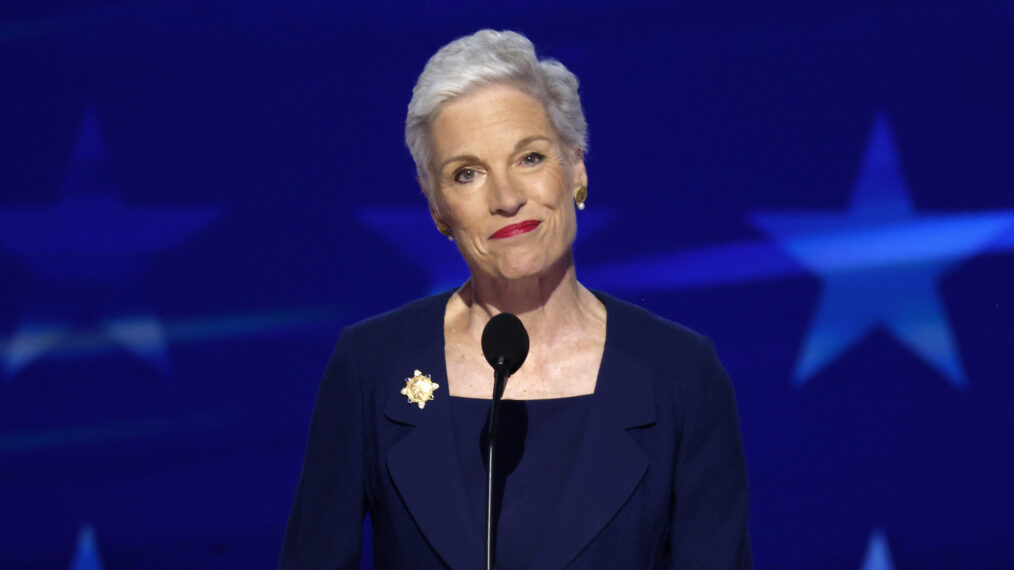Unlock the Editor’s Digest for free
Roula Khalaf, Editor of the FT, selects her favourite stories in this weekly newsletter.
Asos, Boohoo and George at Asda have pledged to make only “accurate and clear” environmental claims following an investigation into possible greenwashing by the UK’s competition watchdog.
The agreements from the fashion retailers are the latest step in a wide-ranging clampdown on eco claims made by consumer-facing companies in the UK from the Competition and Markets Authority, which is also looking at products such as soap and toiletries.
Sarah Cardell, chief executive of the CMA, said the voluntary pledges were a “turning point” for the industry, and that “millions of people who shop with these well-known businesses can now have confidence in the green claims they see”.
The CMA said the three companies had committed to making clear statements about the fabrics they use, including whether the materials meet the criteria to be labelled as recycled or organic, and to update the watchdog regularly on their compliance. The agreements also prevent the retailers from using “natural” imagery such as green leaves to make items look more environmentally friendly than they really are.
The CMA opened the investigation into the retailers in 2022, after identifying concerns that the eco-friendly language they were using was “too broad and vague”, and there was a lack of information provided to customers, such as a failure to indicate what fabric a product was made from.
The watchdog said collections such as Asos’s “Responsible Edit” or Boohoo’s “Ready for the Future” range, may have created the impression that the products were more sustainable than they really were.
The CMA also issued an open letter to fashion retailers on Wednesday urging them to adhere to its Green Claims Code, which it introduced in 2021 to help ensure groups adhered to consumer law. The CMA said the agreements with the three companies should act as a benchmark for the rest of the industry.
“The commitments set a benchmark for how fashion retailers should be marketing their products, and we expect the sector as a whole — from high street to designer brands — to take note and review their own practices,” said Cardell.
The step-up in regulatory scrutiny comes as shoppers’ preferences have shifted to favour goods they perceive as eco-friendly or natural, prompting companies to alter their advertising, packaging and product ranges.
The fashion industry in particular has drawn criticism from campaigners for its heavy reliance on petrochemical-derived materials such as polyester, and for the fast-fashion commercial model, which encourages overconsumption and waste.
The sector is estimated to be responsible for 10 per cent of global carbon emissions, more than flights and shipping combined, according to the European Environment Agency.
In December last year, the CMA said it was investigating consumer goods giant Unilever after finding that claims about how some of its products labelled “natural” might be exaggerated and misleading, while packaging displaying images such as green leaves could make items appear more environmentally friendly than they were.
Unilever said at the time it was “surprised and disappointed” with the probe and denied that its claims were misleading.
The EU, meanwhile, is set to introduce a ban on sweeping environmental claims such as “climate-neutral” or “eco” by 2026, unless companies can prove the claim is accurate.

























































![Mason Ramsey – Twang [Official Music Video] Mason Ramsey – Twang [Official Music Video]](https://i.ytimg.com/vi/xwe8F_AhLY0/maxresdefault.jpg)





















